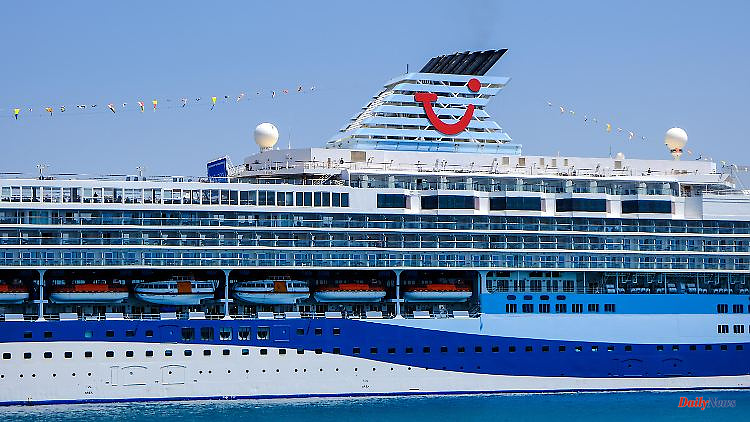Those who want to travel can no longer avoid the environmental issue. The travel group TUI is also aware of this and wants to reduce its ecological footprint.
Europe's largest travel group TUI wants to reduce its ecological footprint and has set itself binding reduction targets by 2030. They should apply to the airlines, hotels and cruise ship sectors, as the company announced. Cruises should then even be completely climate-neutral. To this end, TUI lists a number of measures, such as investments in modern aircraft and sustainable fuel, optimized flight routes, energy savings and local purchases for hotels.
Emissions at TUI airlines are to be reduced by 24 percent by 2030 compared to 2019 levels - TUI airlines account for around 80 percent of the Group's own emissions. The emissions of the group's hotels are to be reduced by at least 46.2 percent compared to 2019 and those of the cruise lines by 27.5 percent.
As technological progress continues to develop, this is "an incentive for us to do more than seems possible today," said TUI boss Sebastian Ebel. The targets are therefore regularly reviewed and adjusted.
TUI wants to offer climate-neutral cruises by 2030 at the latest. TUI has not yet been able to provide any information on whether and to what extent the reduction targets will increase travel costs for holidaymakers.
In addition to air travel, cruises in particular are considered to be extremely harmful to the environment, as the Federal Environment Agency (UBA) confirms. On the one hand they cause high greenhouse gas emissions compared to other modes of transport, on the other hand they usually cover very long distances.
A seven-day Mediterranean cruise, for example, produces around 1.9 tons of CO2 equivalents per person, whereby the flights for arrival and departure usually have to be added, warns the UBA.












